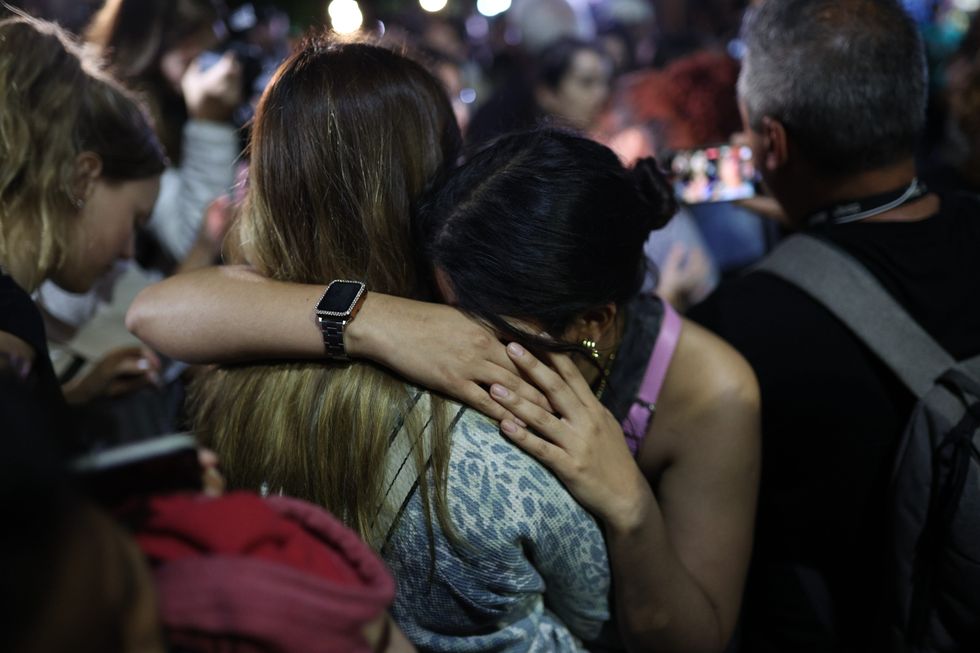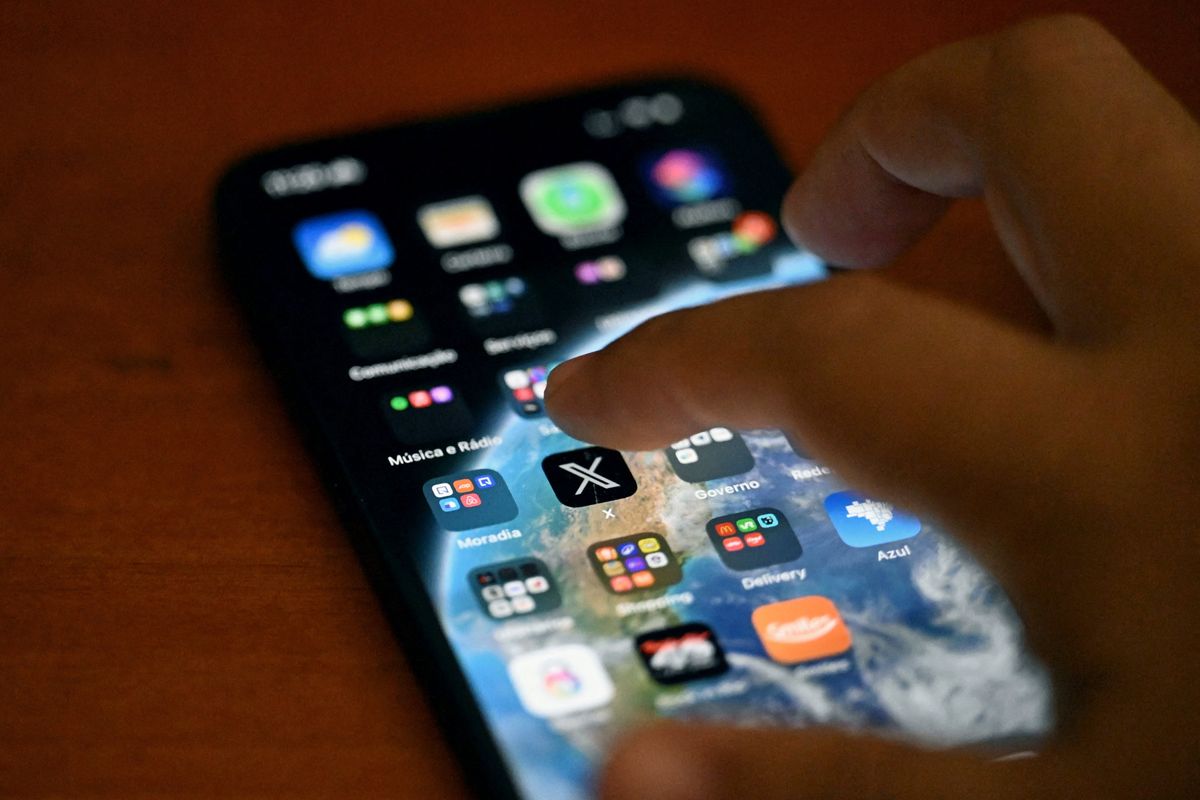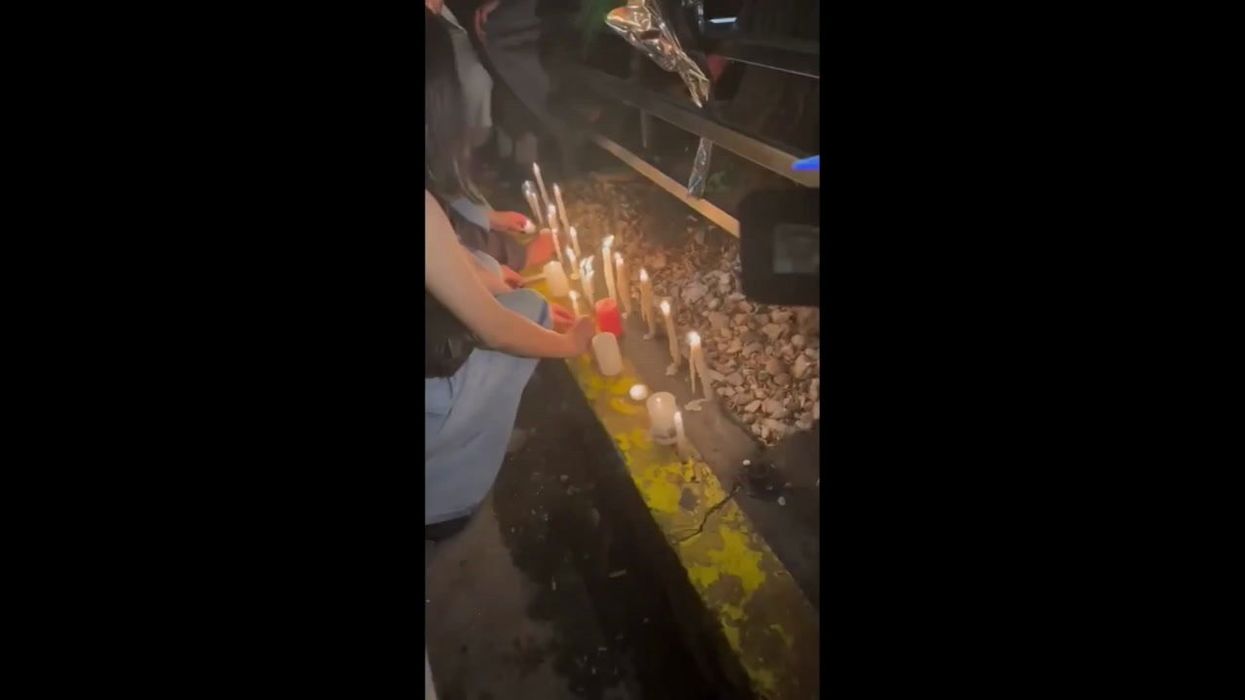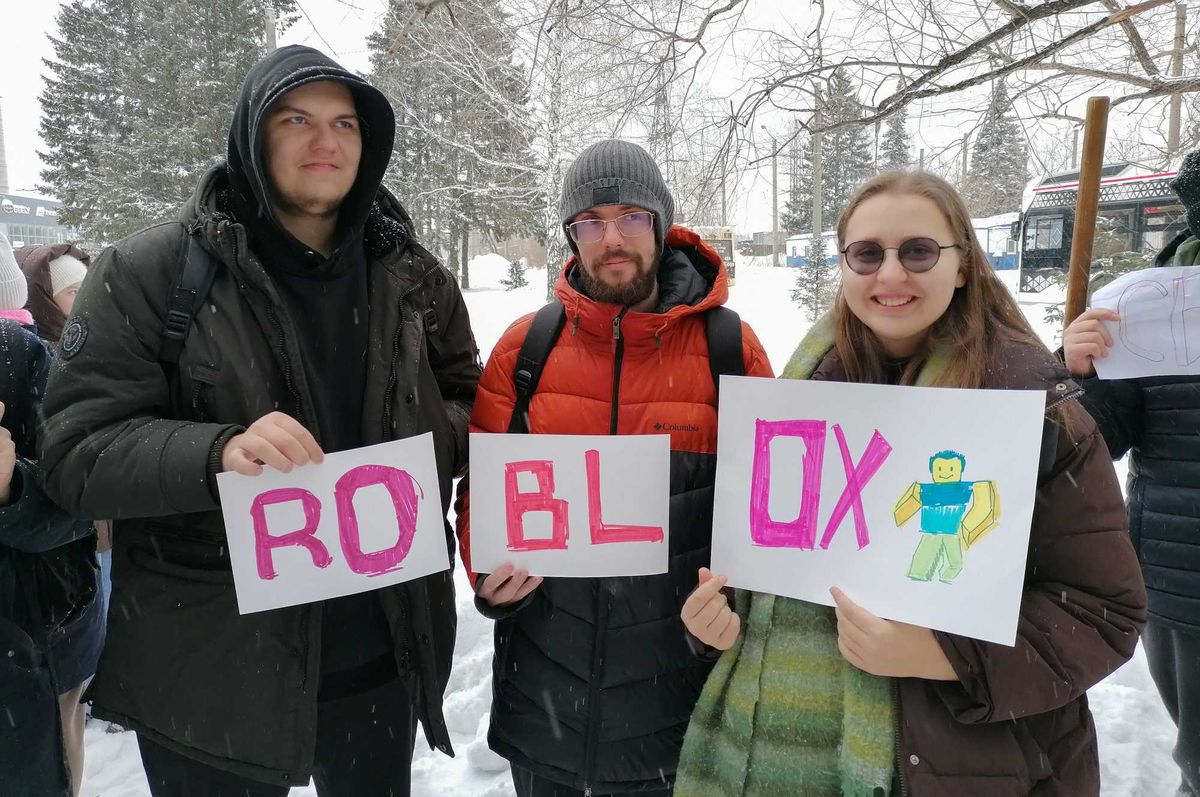News
Sophie Thompson
Oct 17, 2024
30
Argentina: Fans Gather Outside Buenos Aires Hotel After Liam Payne's Death 2
StringersHub - Vertical / VideoElephant
It’s 6:15am, my alarm goes off - time to get up for work. I settle into my usual routine of five minutes of scrolling before facing the day, click open the X app, and there it is in front of me.
A senselessly-taken now-deleted image of a globally-famous musician just moments after his untimely death, in arguably his most vulnerable state, plastered across social media. I’m faced with an immediate sense of unease and scramble to lock my phone and rid my brain of what had happened. It’s shocking - or at least, it should have been - except, the photo already had hundreds of thousands of impressions, and was posted with the intention of reaching as many users as possible. How did we get to this point?

We’re closer to celebrities than ever before. We can interact with them, get a behind-the-scenes look into a lifestyle that isn’t attainable to most, and get into the nitty gritty details of their lives without need for tabloids. However, it’s become apparent that this expectation of “closeness” has spiralled into their deaths, and the public’s ‘need’ to know everything, gory details and all.
Liam Payne, who died on 16 October after falling from a hotel balcony, had Snapchat posts of him relaxing on his trip to Argentina scheduled just minutes before the news broke and people began scurrying for clues.
Similarly, ‘true crime’ as a genre has been popular long before the era of the chronically online (dating back to the 1500s, in fact), and 50 per cent of Americans admit they enjoy watching that type of content, which often depicts graphic scenes of brutal murder, kidnapping, and suicide.
In fact, Netflix now boasts over 90 documentaries and dramatisations, spanning everything from high-profile murder cases (The Menendez brothers et al), to accidents that ended in tragedy, turning us all into the armchair detectives and citizen journalists the world quite often didn't ask for.

But with many of us turning to social media as a form of news, and 40 per cent of Gen-Z getting their news from apps like TikTok alone, what was once a safe space to connect with friends and strangers alike, has quickly unravelled into a twisted, alternate reality where anything and everything goes - often without consequence.
Take the tragic death of Nicola Bulley, for example. The internet spent weeks analysing tiny details in photos and videos obtained in questionable circumstances, even blaming those who knew her, for what turned out to be ruled an unfortunate accident.
In fact, you no longer have to delve into the depths of Reddit threads or access the ‘dark web’ to find this stuff, just open up your apps and it’s there in front of you, whether you want it or not, as part of the daily news cycle.
"Human beings have always had a strong psychological relationship with death. The interest can include curiosity about the circumstances", says award-winning therapist, Caroline Cavanagh.
"In the digital age, the information being shared is now both high in volume and in a tangible format. Rather than people sharing stories from the past, we have videos and other material that keeps that information alive, perpetuating our curiosity to know more. People struggle to move on.
"This can lead ultimately to polarisation: people may become desensitised as it becomes 'the norm' through frequent exposure, or it can heighten people's anxieties that they are vulnerable to their own demise."
And it's true. By being force-fed an image like the one the world was faced in the wake of the One Direction star's death, just a mere glimpse is enough for us to carry that impact with us for weeks and beyond.
But do social media apps have a desire to change the narrative? It doesn't seem so, for now. Elon Musk has previously highlighted his want for "free speech" in all its forms across X, willingly opening up space for this type of material to exist in normality among its 611 million active users (alongside a whole host of other misinformation issues).

Megan Dorian, social media expert and founder of Orange PR spoke to us about how she's seen social media platforms change over time.
“Social media, which began as a platform for connection and community, has now become a vehicle for real-time information, often without proper consideration for the emotional impact on those involved", she admits.
“One of the key issues here is that many users don’t always perceive social media as ‘real life’. There’s a sense of detachment that comes with viewing these events through a screen, which can make it easier for people to engage in harmful behaviours."
Dorian adds: “It’s crucial for platforms to improve their algorithms, introduce more human oversight, and educate users about the real-life consequences of sharing or viewing such distressing material.”
While we can put blocks on the type of content we're presented with, avoid certain platforms, or unfollow certain people, until there is radical control over what we're faced with in a world where social media is inescapable, it's apparent that it's now up to us to set the boundaries for respect - whether in life or death.
If you are experiencing feelings of distress and isolation, or are struggling to cope, The Samaritans offer support; you can speak to someone for free over the phone, in confidence, on 116 123 (UK and ROI), email [email protected], or visit the Samaritans website to find details of your nearest branch.If you are based in the USA, and you or someone you know needs mental health assistance right now, call National Suicide Prevention Helpline on 1-800-273-TALK (8255). The Helpline is a free, confidential crisis hotline that is available to everyone 24 hours a day, seven days a week. If you are in another country, you can go to www.befrienders.org to find a helpline near you.
How to join the indy100's free WhatsApp channel
Sign up for our free Indy100 weekly newsletter
Have your say in our news democracy. Click the upvote icon at the top of the page to help raise this article through the indy100 rankings.
Top 100
The Conversation (0)














